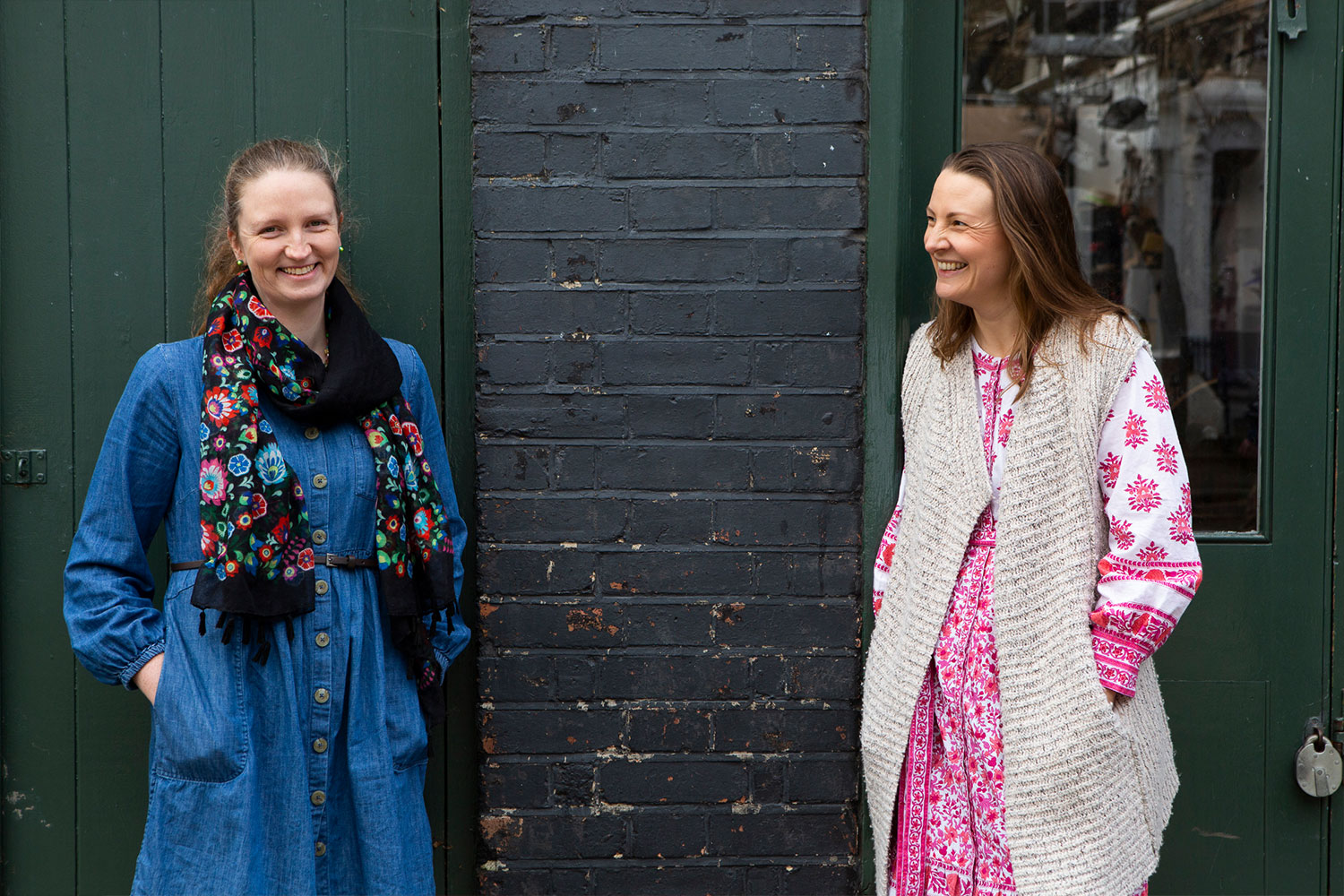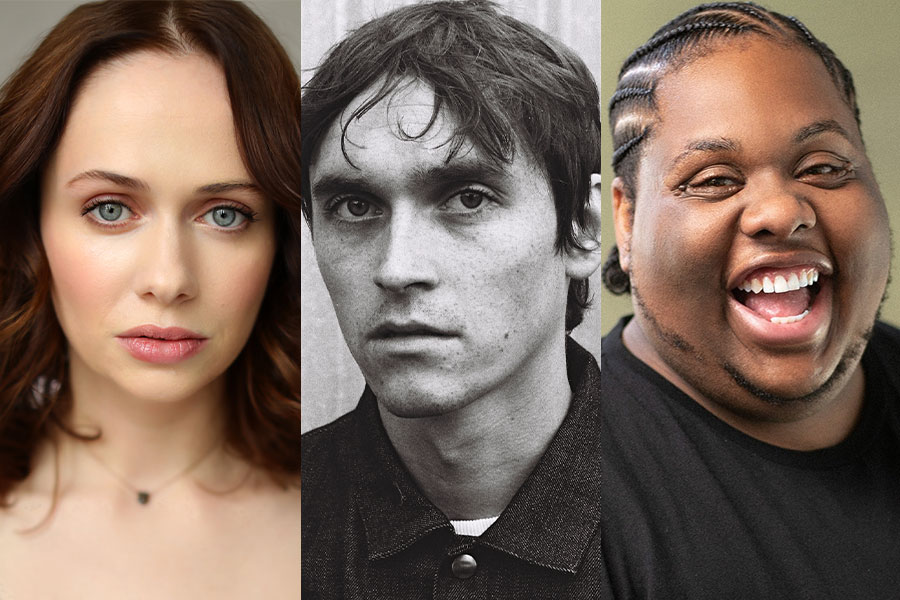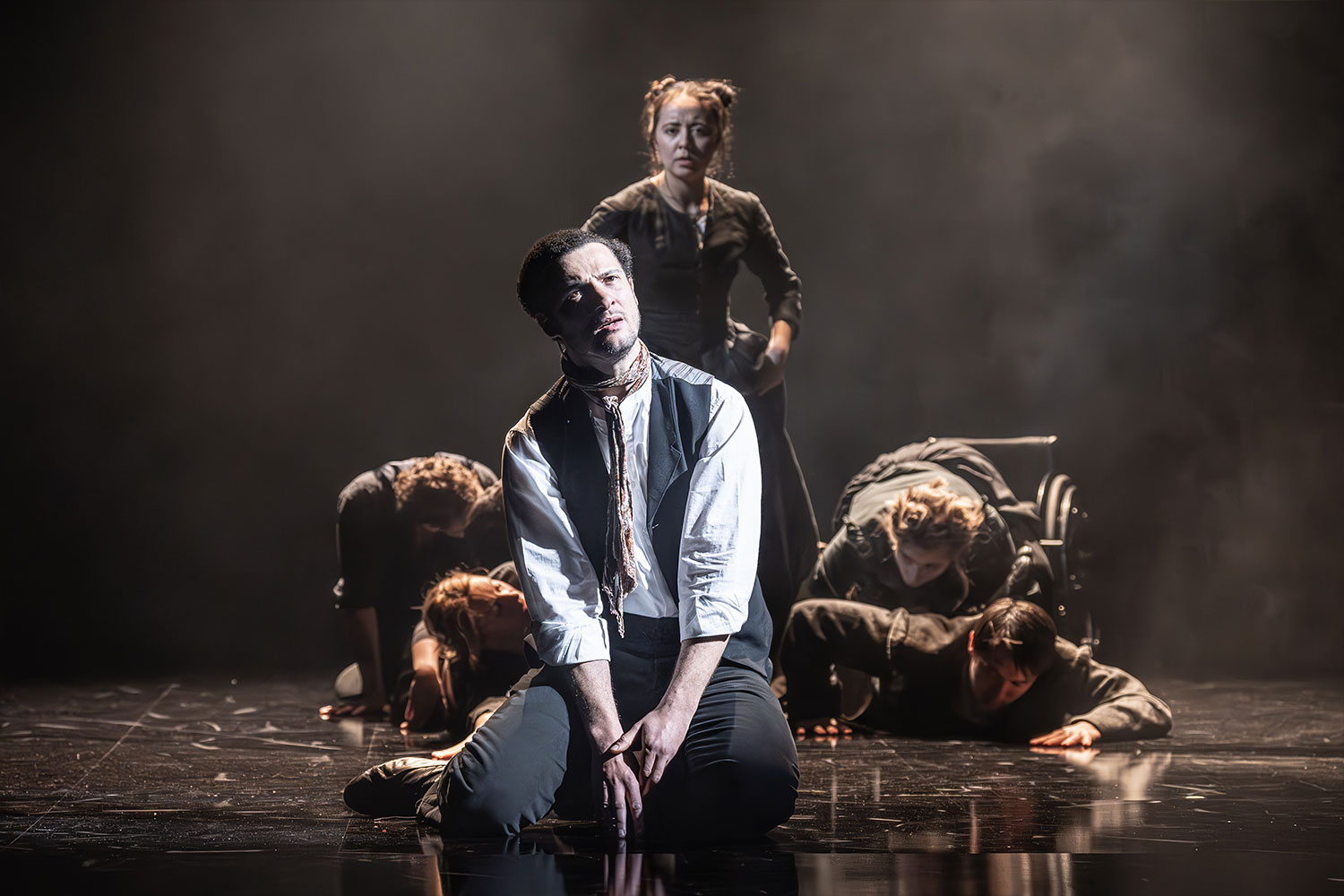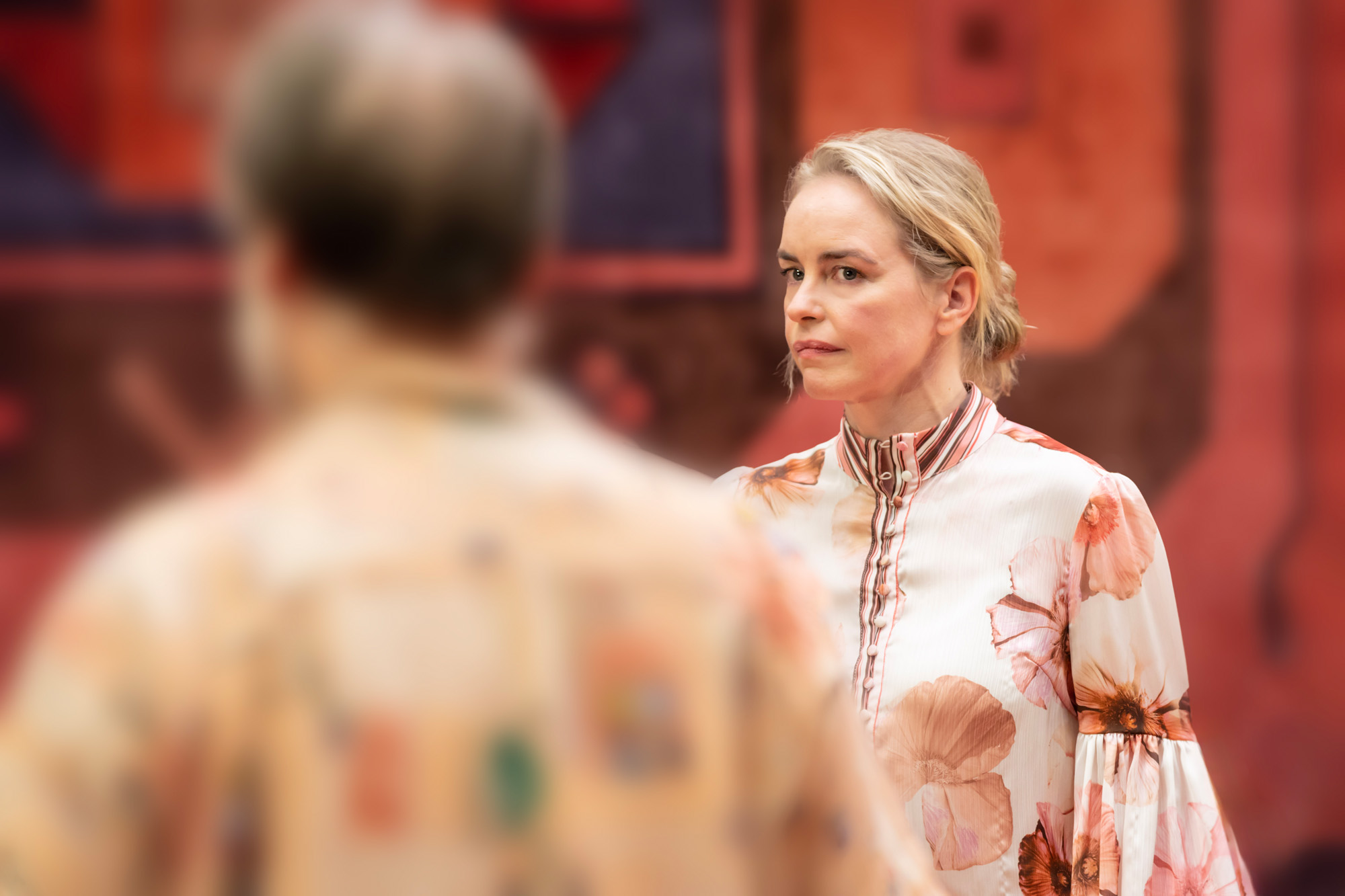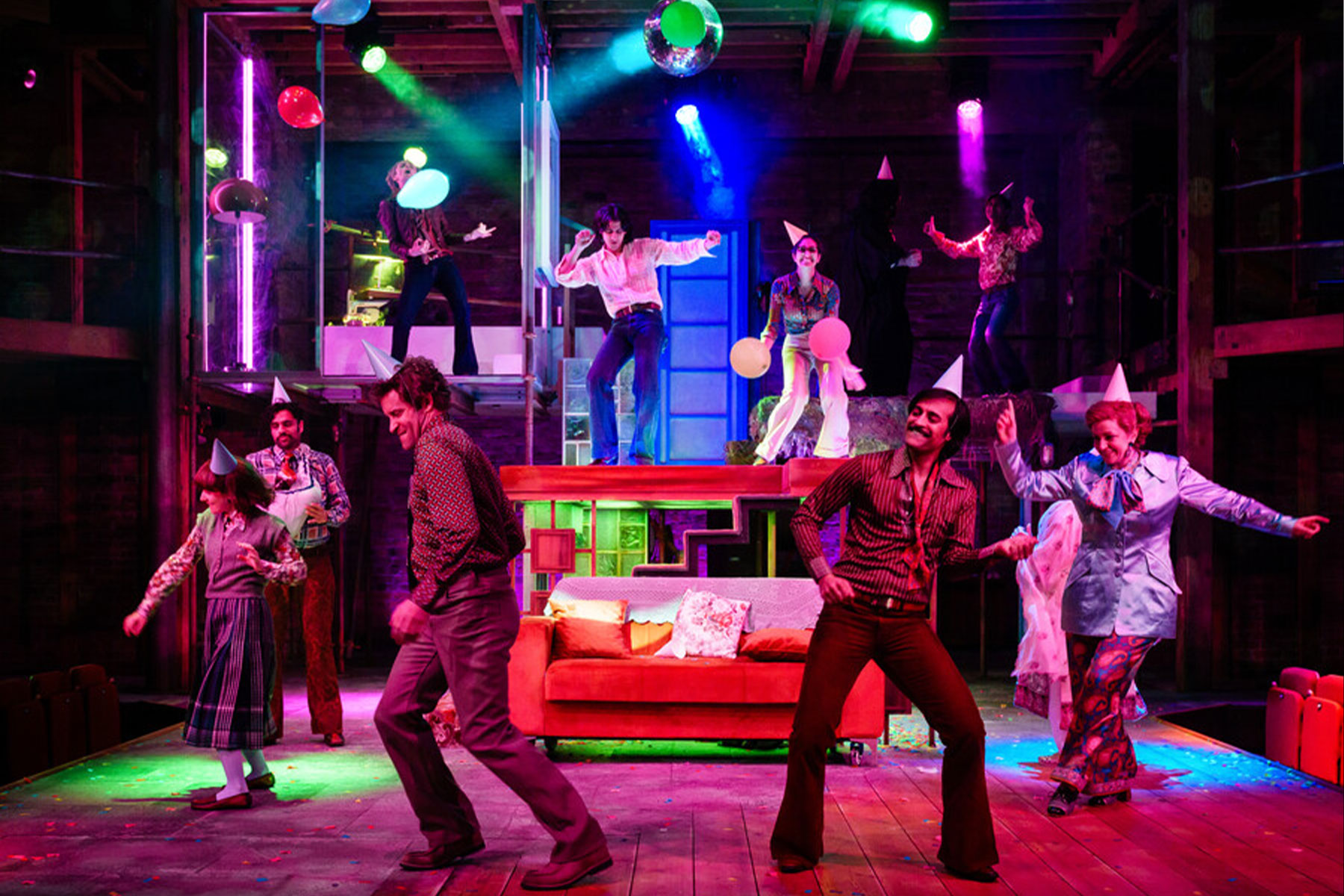Fidelio (English National Opera)

©Tristram Kenton
Rebecca Ringst’s labyrinthine and neon-lit set is reminiscent of the setting for Beckett’s late novella The Lost Ones, a purgatorial complex of compartments and ladders, and it’s a vision of Beethoven’s prison world that has merit. When, at the start of the second act, it tips over to give us an end-on view of its glassy surfaces, however, the interesting visuals of earlier descend into bland ugliness.
The action, such as it is, is awkward and stilted. Singers in this opera need far more help from a director than they get here, particularly with the spoken dialogue, which is replaced by unhelpful dollops of Borges and Cormac McCarthy. David Pountney’s translation of the sung text does little to help relieve the lumpen mood.
The acting is often over-busy, such as Florestan (an actor double), during the over-long overture – here the Leonore No. 3 – frantically and repeatedly running into what is presumably an electrified fence, exhibiting less intelligence than the average lab rat. At other times, it’s static and dull. “O namenlose Freude” is used as an occasion for gawky clothes-changing which, if it worked, could be an effective alternative way of celebrating marital reunion but just looks under-rehearsed and gauche.
The gap between this (usually) joyous meeting and the uplifting finale is sometimes filled with that same Leonore overture but Bieito dangles a quartet in cages playing the slow movement of Beethoven’s Op. 132. Always a pleasure to hear at the right time and place, here it is a strange interpolation that looks like something a student director would do to try and make his mark.
On paper, the cast is top-flight and, in another production, Emma Bell and Stuart Skelton would undoubtedly shine. They do provide occasional diamond glints in the dungheap of Bieito’s concept. Bell is a potentially great Leonore but too often looks out of place and uncertain while Skelton’s Florestan proves once more that his is a voice of both heft and beauty. His first note (the ‘God’ of “Gott! welch’ Dunkel hier!”) is eerily powerful.
James Creswell has fine moments as a venal Rocco and Sarah Tynan is great casting as Marzelline but Adrian Dwyer fails to make much impression as a neurotic Jaquino and Philip Horst is out of his depth as Don Pizzaro, lacking the necessary weight and authority. The overpowering of Pizzaro is as inept a piece of stagecraft as you’re ever likely to see in the opera house.
In the pit, Edward Gardner’s conducting is more than adequate. The sum total is a short opera that seems far too long with little to take away in the way of understanding or enjoyment.
After a 2012/13 season that had far fewer misses than hits, this is a reminder that producing opera is never easy and one hopes that the only way is up from this disappointing opener.



